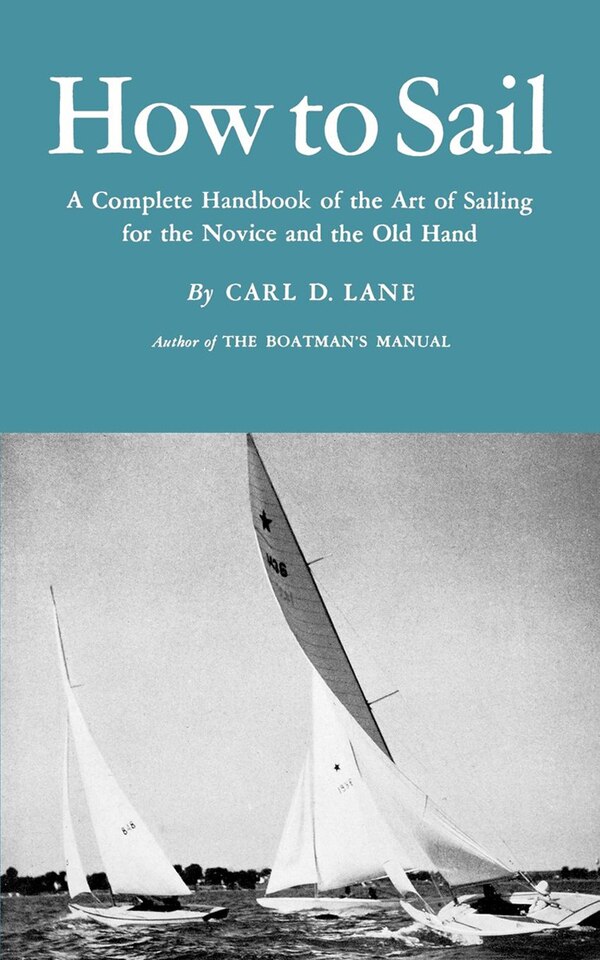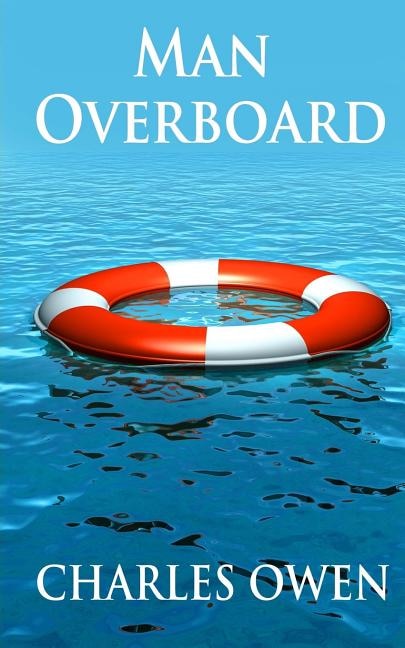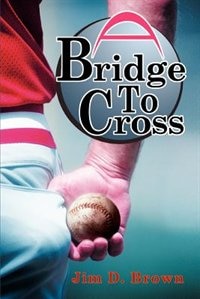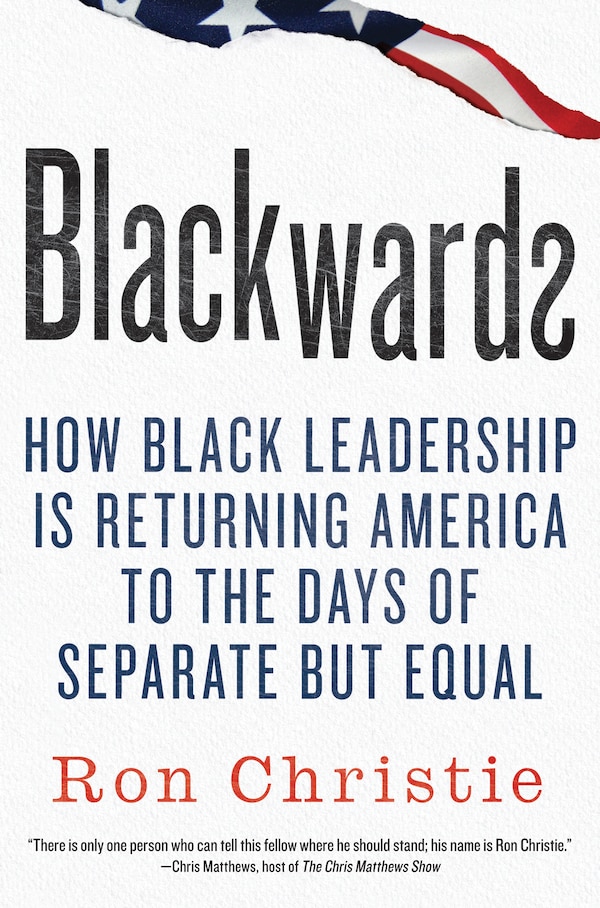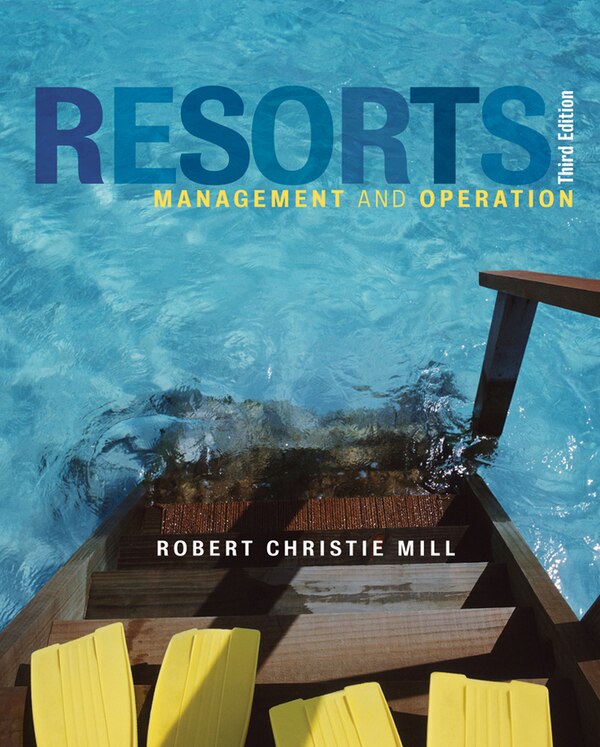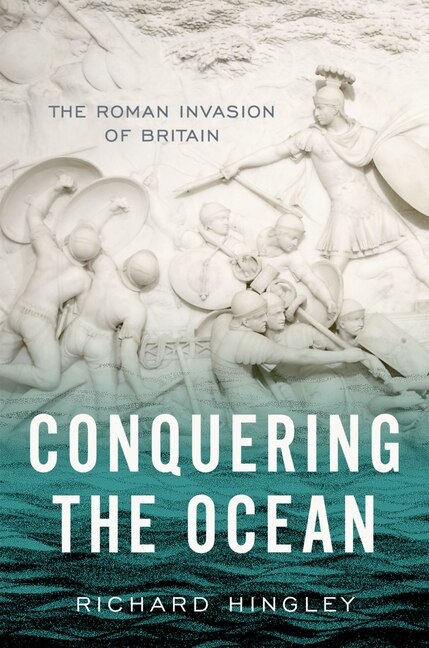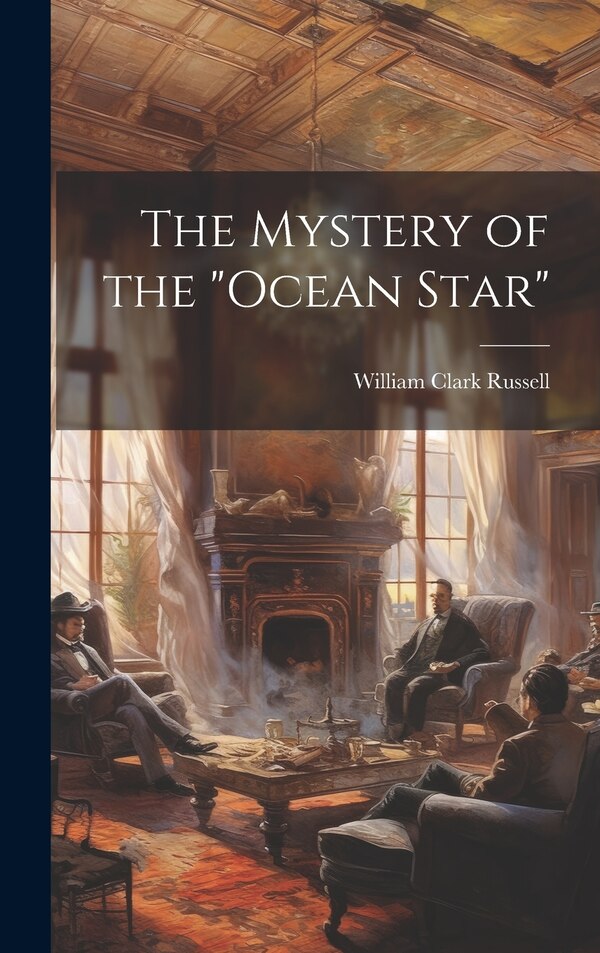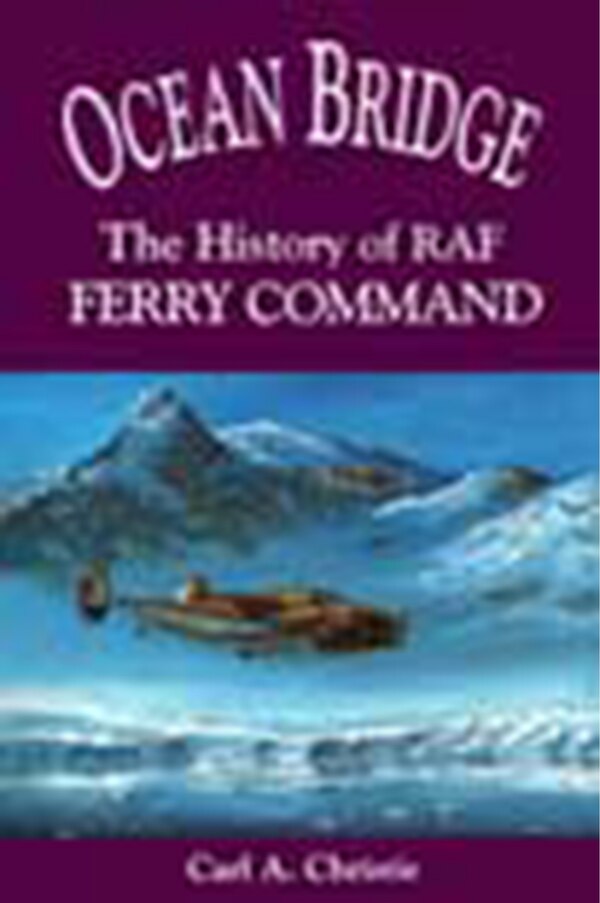
Compare Ocean Bridge by Carl A. Christie, Paperback | Indigo Chapters
Carl A. Christie
$48.63
At the beginning of the Second World War there was no thought of delivering planes by air across the Atlantic. It was assumed to be too costly and too dangerous, especially in winter. Despite this initial reluctance, between the fall of 1940 and the spring of 1945, Royal Air Force Ferry Command's mixed civilian and military crews flew almost ten thousand aircraft, mainly American-built, to operational squadrons overseas. In Ocean Bridge Carl Christie provides the first full account of the genesis, history, and importance of Ferry Command. From the pioneer transatlantic flights of the interwar period and the early attempts to initiate regular commercial service, Christie traces London's decision to have aircraft, supplies, and passengers delivered across the Atlantic Ocean from Canada and the United States. Under the inspired leadership of a handful of Imperial Airways' captain-navigators, a group of civilian airmen from Britain, Canada, and the United States undertook to fly urgently needed bombers, maritime patrol aircraft, and transports to Europe for the RAF. This informal civilian organization was augmented by graduates of the British Commonwealth Air Training Plan in Canada and taken over by the RAF as Ferry Command in 1941. Some five hundred aircrew, as well as sixty passengers, lost their lives in accidents; Major Sir Frederick Banting, the discoverer of insulin, was killed in the first fatal crash of the ferry service. Ocean Bridge chronicles an often overlooked contribution to Allied victory and aviation history. By war's end the ferry service, through its various incarnations, had created the basis for the network of international air routes and procedures that commercial travellers now take for granted. | Ocean Bridge by Carl A. Christie, Paperback | Indigo Chapters



